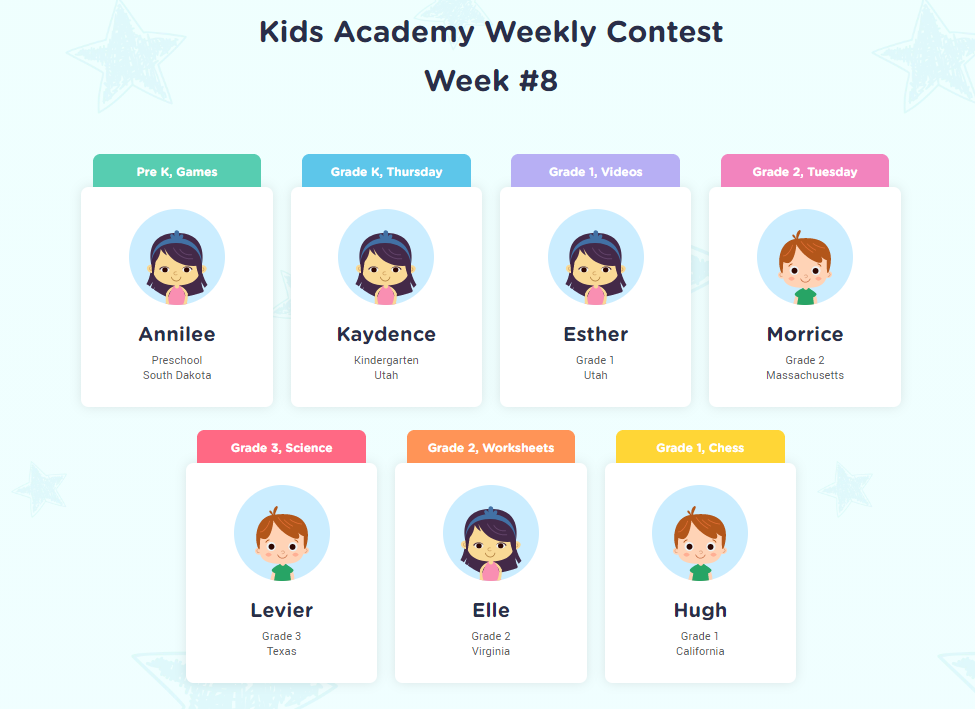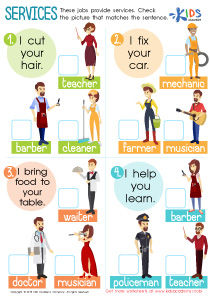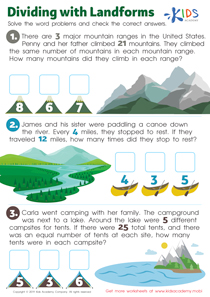Map reading skills Grade 2 Social Studies Worksheets
2 filtered results
-
From - To
Enhance your second grader's geography skills with our engaging "Map Reading Skills Grade 2 Social Studies Worksheets." These expertly crafted activities make learning about maps fun and accessible, helping students master essential skills such as understanding symbols, compass directions, and map keys. Designed to align with educational standards, our worksheets offer a blend of colorful images and interactive tasks. Perfect for classroom or at-home learning, they nurture critical thinking and spatial awareness. Dive into the world of maps and inspire a love for exploring with our comprehensive resources, ensuring a solid foundation for future geographical understanding.
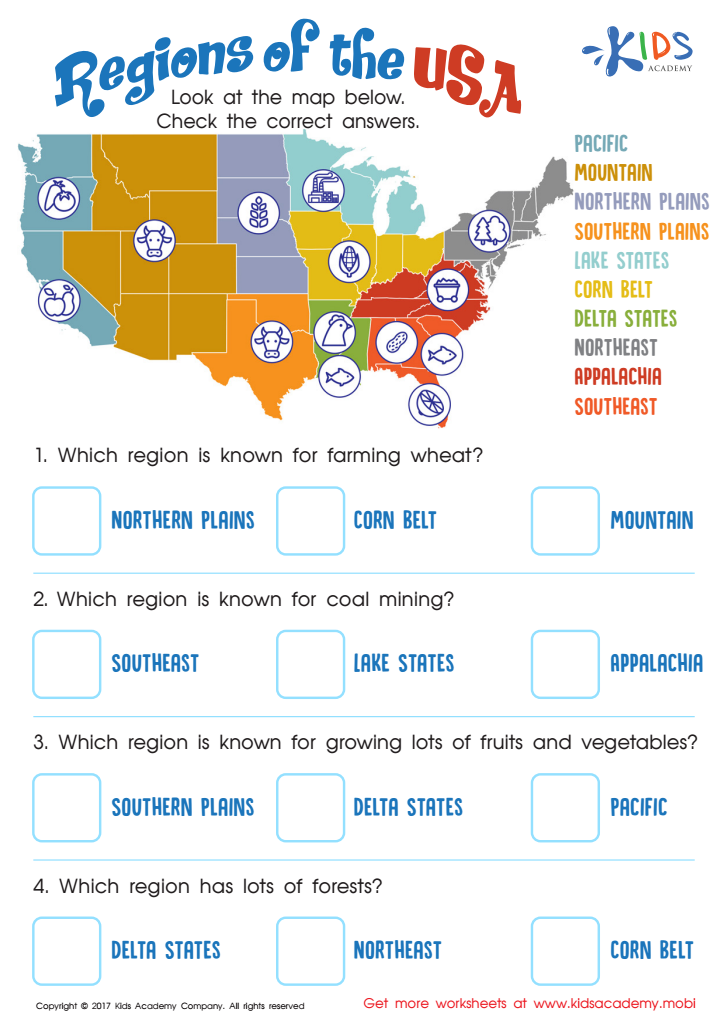

Regions of the USA Worksheet
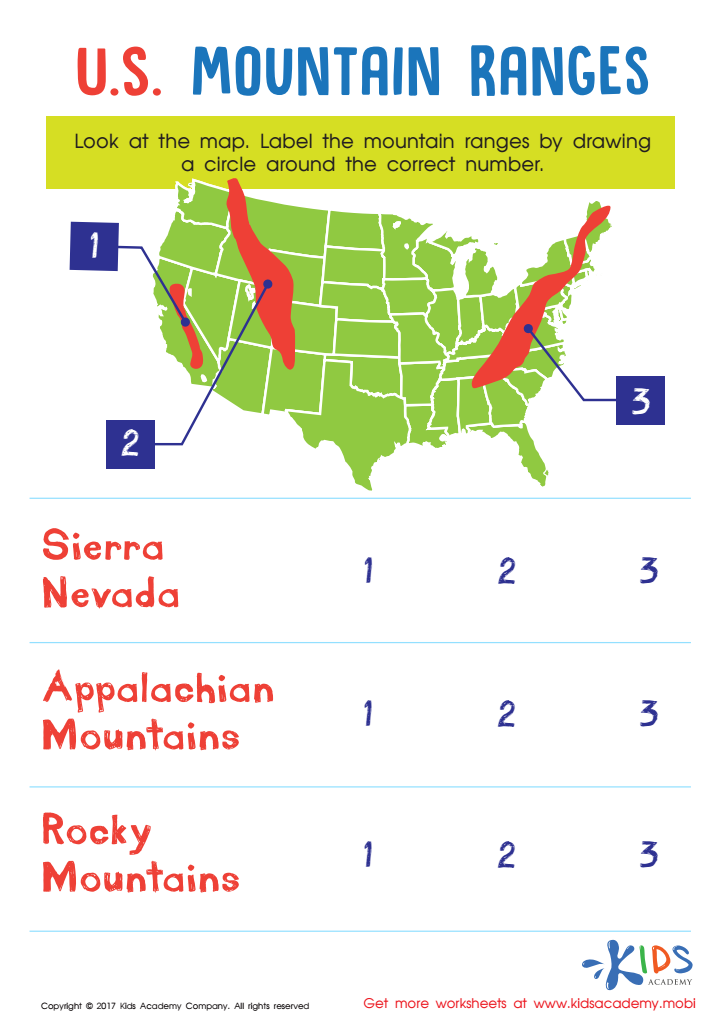

US Mountain Ranges Worksheet
Map reading skills are fundamental for Grade 2 students and should be a key focus for both parents and teachers. These skills are not only critical for understanding geography but also foster a comprehensive range of developmental benefits. First, map reading promotes spatial thinking, helping children grasp concepts of location, distance, and direction. This foundational understanding enhances their ability to think critically about their environment and the world at large.
Developing map reading abilities also supports mathematical skills through measurement and scale interpretation. It encourages problem-solving and logical thinking, as students learn to assess routes and landmarks. These skills overlap with everyday tasks, from finding a book in the library to navigating a city, making maps an essential life skill.
Moreover, engaging with maps broadens a child's perspective on community and global cultures. It aids the understanding of socio-economic differences and environmental contexts, fostering empathy and awareness from an early age. By starting these lessons in Grade 2, students build a lifelong appreciation and comprehension of their surroundings.
In essence, prioritizing map reading empowers children with independence, boosts their confidence in new situations, enhances their academic agility across multiple subjects, and lays the groundwork for a more informed and empathetic future. Thus, integrating map reading into early education is essential for holistic student development.
 Assign to My Students
Assign to My Students







